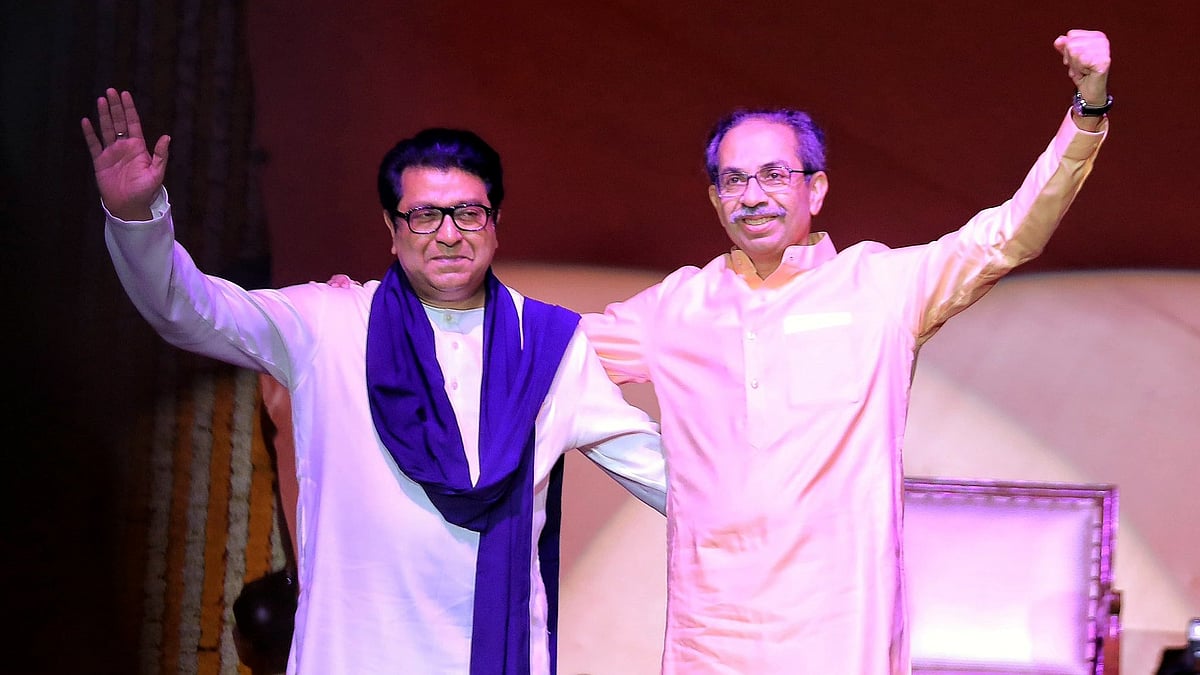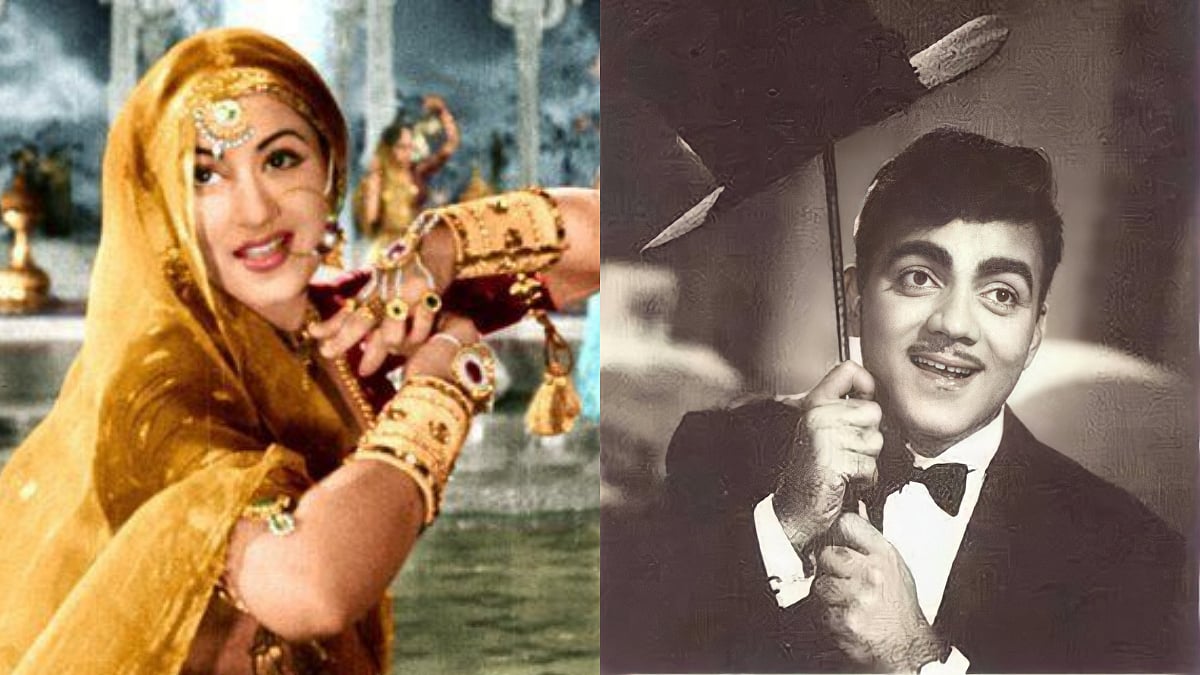Six-year-old Oshma Pathare has been reading Marathi books since she was young, thanks to her mother Reshma, a book translator and media professional. Reshma’s own reading journey helped her influence Oshma.
“My mother encouraged me from a young age to read books in Marathi (my mother tongue). She enrolled me in a library and also engaged a bookseller who would get us a stock of Marathi books every month,” says Reshma.
She calls her family a reading family which firmly believes in knowledge is best gained from books. “I devoured Marathi books ranging from ‘Thak-Thak’ to those written by literary greats. My mother’s logic is that one gleans knowledge faster in one’s mother tongue and I want to pass on to my daughter the rich Marathi literature,” says Reshma.
Reshma has been reading the Franklin Turtle series of Marathi translation to Oshma when she was four. “She loves hearing us read out stories from Isaapniti and Sawan books of Moral Stories (Marathi). When I sit for translating books, she also writes her English versions of the Marathi stories.”
Cultivating an interest in reading is adding value to one’s growth, especially for the young ones. With the invasion of gadgets into our lives our reading habit is waning, and most children do not give too much importance to books.
Even as parents and teachers encourage kids to read English story books, our rich Indian language literature is waiting to be read.
Some insights
Books are always a vast topic to talk about but over the years reading as a habit is dying as gadgets are a distraction for most children.
Saiesha Mansukhani, head of junior school, Aditya Birla World Academy, Mumbai, says that reading has taken a back seat. “In a world that offers many opportunities and distractions, the importance of reading remains the key to personal fulfilment and academic success. Parents may find themselves easily giving in to their children’s demand to use gadgets. Children are used to doing anything and everything on their devices. If we have any hope of bringing back the joys of reading, parents will have to lead by example,” she says.
She prescribes active engagements like conversation in their mother tongue or regional language for kids to stick to their roots. At Aditya Birla World Academy, reading is initiated from the kindergarten classes, where a variety of read-aloud sessions are conducted for learners. “Additionally, we conduct a reading program at school called ‘Get caught reading’ where children are exposed to a variety of genres in different languages. During physical school, children are always encouraged to issue story books in regional languages during their library class,” Mansukhani says.

Tata Trust’s Parag Initiative in promoting children’s literature and helping kids inculcate reading habit has been significant. Swaha Sahoo, head, Parag Initiative at Tata Trusts, has a poignant observation. “When you say reading skills, do you mean they are able to read the script? There is much data available to show that children are below their grade level reading. Since the language of instruction is the regional language across states, children have struggled to become fluent readers due to multiple reasons. The most important is the lack of access to good quality and engaging reading materials beyond textbooks.”
The impact of reading on overall growth of a child is irreplaceable.
Tools of communication
A child who understands a different tongue or his own is impressive.
Dr Ambrish Dharmadhikari, psychiatrist and head Mpower – The Foundation, puts a valid point. “By the time children reach adulthood, they learn English and Hindi as the languages of communication or study. Adding a regional language or mother tongue stimulates brain development,” says Dr Dharmadhikari.
“Studies have shown an increase in the density of grey matter in the brain among children who can speak three or more languages. Studies also have shown that people can articulate their emotions better in their mother tongue,” he says.
Language has the power to sustain a child’s intelligence in ways one cannot even understand.
Mansukhani talks about children feeling empowered to communicate in different languages and probably becomes “the most interesting person in the room”. “They are the ones responsible for not letting that language become extinct.”
Communication is the biggest usability – giving someone the power to express themselves. “When children come to school, they already have a vast vocabulary in their mother tongue and are confident in expressing themselves. Finding good books in their local language encourages them to read and talk about what they are reading. Once this confidence to read and understand builds up, children tide over their hesitation of the formal script and a foreign language,” says Sahoo.
Ways to do it
Experts say we need to find ways to encourage kids to read books. We need to equip them with regional language skills along with communication skills.

Dr Dharmadhikari states the obvious -– children learn from adults by observing. “From childhood, parents should involve children in reading, preferably with books written in their mother tongue. Reading stories loudly with animated descriptions builds connections with books. Parents also can sing rhymes or children's songs along with kids to enrich the language experience,” he says.
He adds, “Books stimulate curiosity, imagination and thinking. Parents can also have discussions with children on the books.”
Some recommendations
“Language is best learned through its poetry,” suggests Mansukhani. “Any book that unleashes a child’s imagination is recommended.”
Dr Dharmadhikari calls books his long-time friends. “Recommendation differs from age to age; like The Famous Five at an early age to Harry Potter novels in adolescence. For preschools, Caterpillar Books or any Dr Seuss books are great recommendations. Among Indian authors, I highly recommend Devdutt Pattanaik and Sudha Murthy.”
For Sahoo, some recent choices have been Pyari Madam, Aai EK Khabar and Hau Hau Hap by Eklavya; Kissu Haathi and Bhai Tu Aisi Kavita Kyon Karta Hai by Ektara; A Saree for Ammi by Tulika and The Miracle on Sundarbaag Street by Kalpvriksh.
Roald Dahl rightly said: If you are going to get anywhere in life, you have to read a lot of books.













